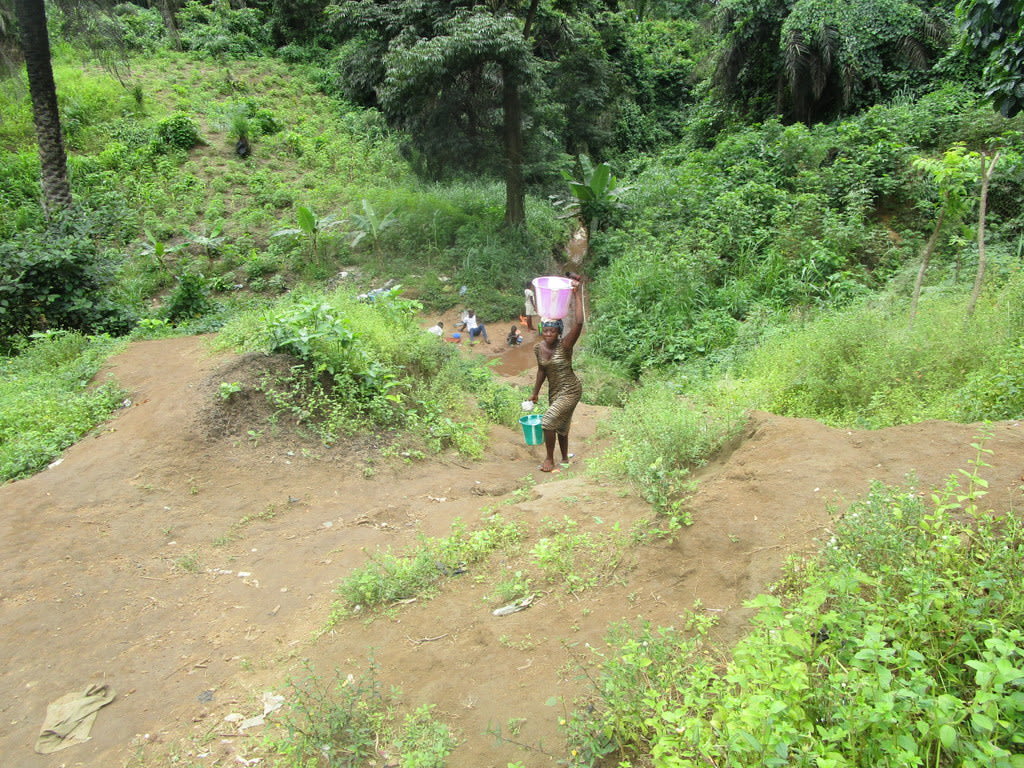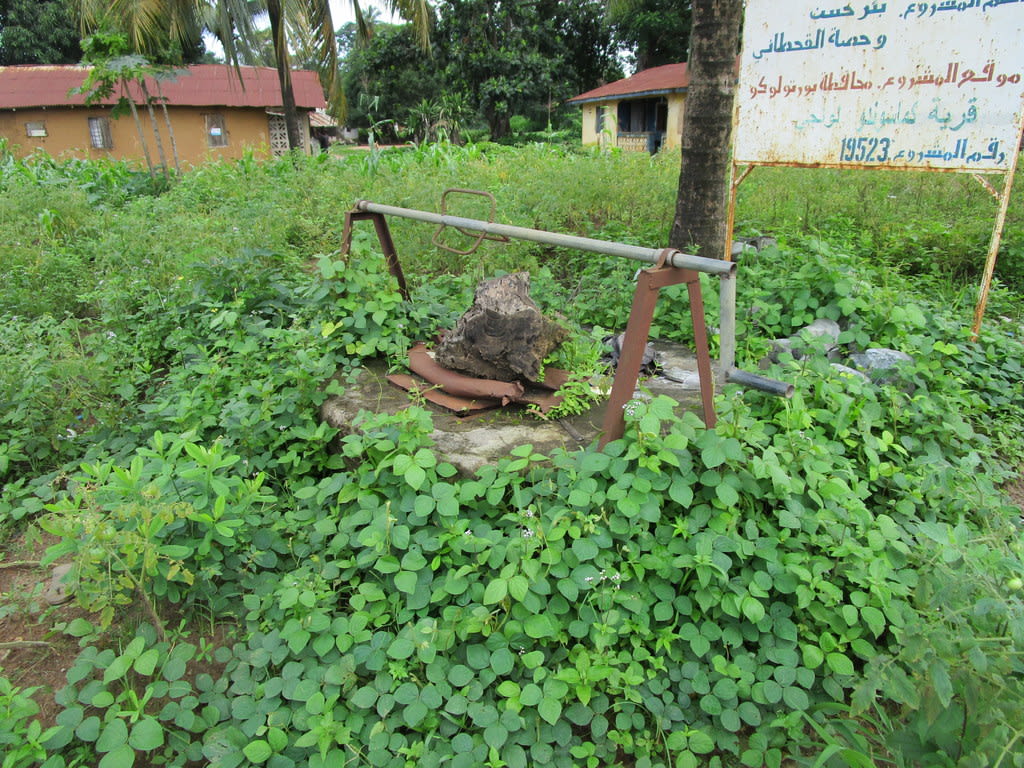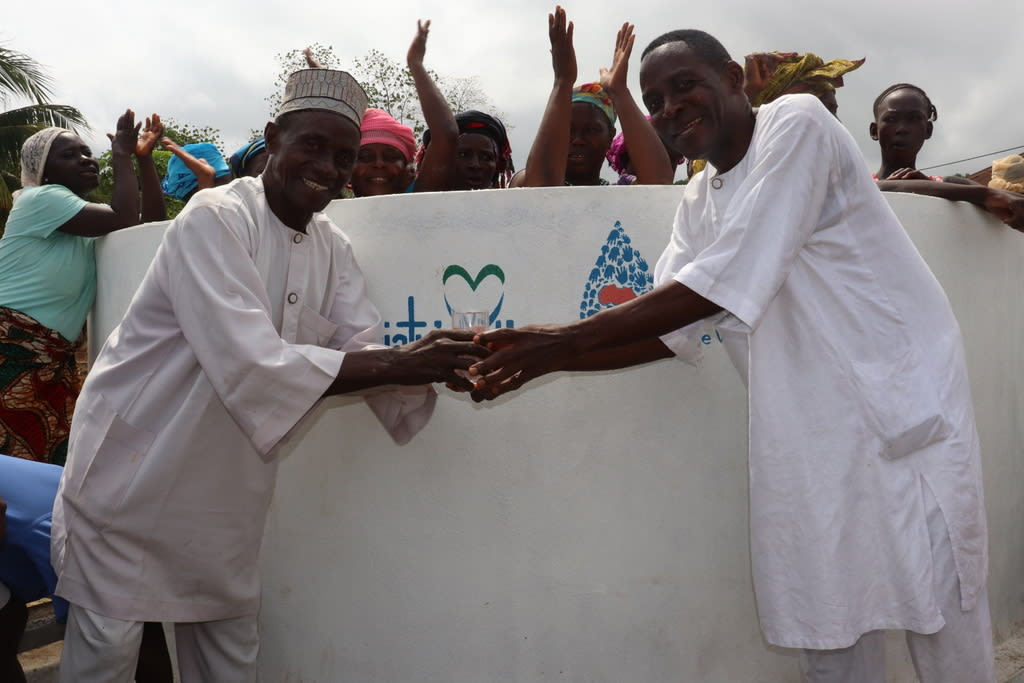"Leaving your home to go down the swamp to fetch water is like embarking on a suicide mission, especially for some groups of people and in the rainy season," said our team after returning from visiting the water source near Gbontho Mosque.
One major factor that impedes people’s access is the condition of the road. For some groups of people, while trying to climb the hill carrying their water, they slip and fall. They are then compelled to have another try. Accessibility is very difficult for certain groups of people during the rainy season when the hill, as steep as it is, becomes slippery.

All of this effort is to reach a water source that is unsafe for drinking. The open swamp is exposed to contamination such as from people who wash their clothes directly in the swamp. Then there is the garbage that collects at the bottom of the hill and all the run-off from nearby latrines and farms.
The very few people who can afford packaged water buy it from a stall not too far away from some homes in the community. This is not common though. Practically, very few people in this community can afford it.
So, they must travel to the swamp.
Because they rely on a water source that is heavily contaminated, this community experiences a high rate of cholera outbreaks as a result. The people here live in constant fear during the rainy season in particular. Diarrhea is a household word in this community. This is the result of bad water from the swamp.
To address the problem, a letter of request was written to us to rehabilitate an old hand-dug well.

We learned that the well was constructed in 2012. It stopped producing water and an attempt was made to dig deeper - but it was abandoned when the drillers hit a big rock and couldn't go any further. Now, it sits unused and unable to be rehabilitated.
We determined that a new well between the back of the mosque and the front of the chief’s house is needed to address the water crisis in this community.
What we can do:
New Well
We will be drilling this well at Gbontho Mosque. Our team will drive over the LS200 mud rotary drill rig and set up camp for a couple of nights. Once the well is drilled to a sufficient water column, it will be cased, developed, and then tested. If these tests are positive, our mechanics will install a new India Mark II pump.
This community has been pushed to the swamp for their water. By drilling this borehole, the 695 people here will have access to a reliable, safe water source.
Training
There will be hygiene and sanitation training sessions offered for three days in a row.
Community members will learn how to make a handsfree handwashing station called the "tippy-tap." We will use these tippy taps for handwashing demonstrations, and will also teach about other tools like dish racks and the importance of properly penning in animals. We will highlight the need to keep latrines clean, among many other topics.
These trainings will also strengthen a water user committee that will manage and maintain this new well. They will enforce proper behavior and report to us whenever they need our help solving a serious problem, like a pump breakdown.

 Borehole Well and Hand Pump
Borehole Well and Hand Pump
 Rehabilitation Project
Rehabilitation Project





























